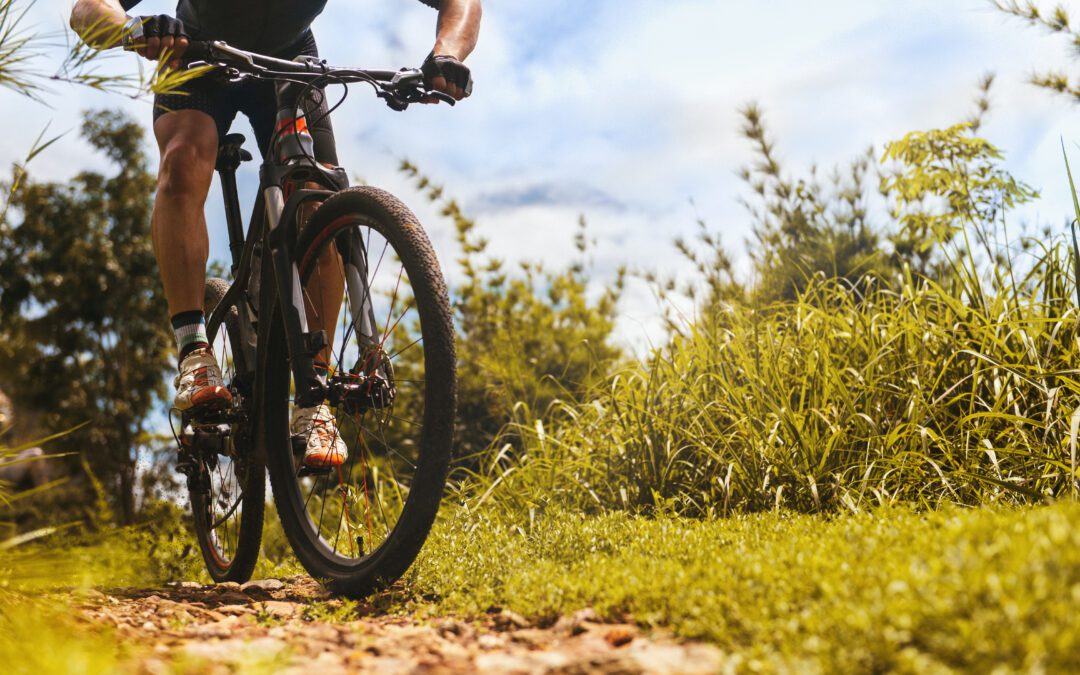When you were a kid, did you like to play outside? Or did your folks make you play outside even if you didn’t particularly like it? Either way, did you find yourself outdoors for hours at a time soaking in the sun, running around playing various kinds of games, and marveling at some of the amazing things the natural world has to offer?
For many people, the amount of time spent outdoors seems to shrink significantly as we transition from childhood to adulthood. After all, adulthood tends not to include recess, long summer afternoons in the park on summer weekdays, or pickup basketball games in the driveway with kids from the neighborhood.
Sure, some folks still spend a lot of time out of doors as adults. Avid hikers, campers, fishers, and hunters, for example. Folks who love to run or bike or swim (or all three). People in certain jobs like construction workers or park rangers or lifeguards.
But plenty of adults are inside far, far more often than they are outside. That is a shame because the great outdoors offers a range of benefits for our mental and physical health. And if you are a person in recovery from a substance use disorder, those benefits can firm up the foundations of your ongoing sobriety.
Let’s take a closer look at the benefits of getting outdoors on a regular basis.
Sunlight is a Great Source of Vitamin D
When you think about getting your vitamins, the odds are pretty good that you think about eating healthy food or taking supplements or both. But the best source of vitamin D—a vitamin that has been shown to lessen the symptoms of depression (among other benefits)—turns out to be sunlight. Sure, vitamin D is found in a few foods, but exposure to sunlight (without an intervening window) is by far the best way to ensure you get enough of the vitamin.
Of course, it is important to be careful when exposing your skin to the sun, but the benefits of natural sunlight are powerful—and by supporting your mental health, those benefits also support your sobriety.
Get Yourself Some Exercise
We have already mentioned some forms of exercise—running, biking, swimming—but the outdoors provides plenty of opportunity to find an activity you enjoy that offers the benefits of regular exercise. You might jump into the pickleball craze. You might take a walk each day and gradually expand how far you go. Even gardening turns out to be a good form of exercise.
Regular exercise supports physical and mental health. Working toward better physical and mental health is, in turn, a great way to protect your sobriety. The key here is to find something you enjoy doing so that your exercise is more of a pleasure and less of a chore. You can find some advice for getting started in this blog entry.
The Wonders of Nature Can Be Renewing
One of the benefits of spending time outdoors—especially in places where the natural environment shines through—is a sense of inspiration. Nature is constantly changing and renewing itself in various ways. Spring and summer, in particular, offer up an essential reminder that even after hard periods, life has a way of bursting forth again with so much beauty to enjoy.
That can be a great reminder that when the going gets tough in recovery (and it almost certainly will), a little patience and hopefulness can go a long way to getting you through with your sobriety intact. And in the event of a relapse, the cycle of natural renewal can also remind you that you can restart your recovery journey with a spirit of optimism and resolve.
Here’s the Inside Scoop: We Can Help You Get Sober
When you are struggling with drugs or alcohol, it does not really matter whether you are inside or outside. Either way, you are likely miserable most of the time. After all, the substances you are using are having an unambiguously bad impact on your mental and physical health. Meanwhile, any effort you make to stop is likely to be upended by the rigors of withdrawal.
It can feel like a trap. Fortunately, there is a way out.
At Wooded Glen Recovery Center—located in Henryville, Indiana—we provide detoxification to help you get through the withdrawal period. We follow that up with a rehabilitation program grounded in group and individual therapy that addresses co-occurring mental health disorders and provides strategies and resources for staying sober. And we are committed to a continuum of care that ensures our alumni are well supported as their recovery journeys get underway. Reclaiming your sobriety is the first essential step toward reclaiming your life. When you are ready, we can help.

